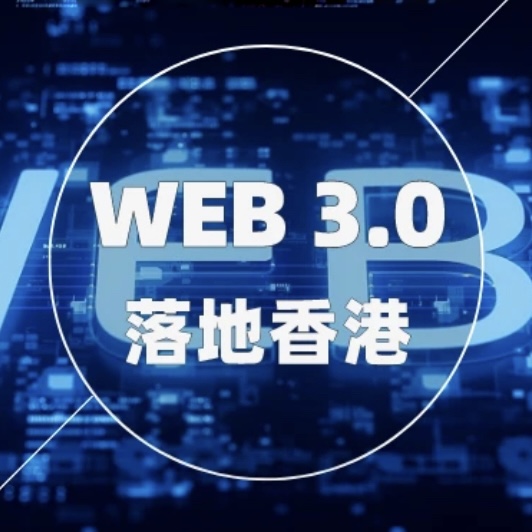Promoting the blockchain industry proves to be challenging under these circumstances surrounding Web 3.0.
2024 年 6 月 3 日 | English Blog
To be honest, I initially had some anticipation for the development of Web 3.0 in Hong Kong. However, as things have progressed to the present, my expectations have been mostly dashed, and I admit it was wishful thinking on my part.
What exactly does Web 3.0 entail? Personally, I believe it involves the “development” of projects, with many blockchain projects and smart contracts innovating and researching. Of course, there are bound to be both good and bad projects, but if the entire community is discussing this topic, the market naturally has enough critical power to push inferior projects or fraudulent schemes aside. In short, what I envision as a thriving Web 3.0 scenario is a community where everyone comes together to discuss, share, and exchange ideas, whether it’s in face-to-face meetings, casual conversations, or online discussions, enthusiastically talking about programming, project highlights, and potential investment returns.
That’s how I see Web 3.0 in Hong Kong.
But when I found out that Hong Kong’s trading platforms only allow buying and selling of Bitcoin and Ethereum, I felt like I woke up from a dream, realizing that what the regulatory authorities want for Web 3.0 is completely different from what I imagined.
No one will invest time and effort into a project for nothing, especially blockchain projects, which are highly specialized and have significant development costs. Without a certain return, not to mention angel investment, even the initiation of a project for development becomes questionable. The return on blockchain projects often comes from the native tokens generated within them. Project developers hope their native tokens will be listed on major cryptocurrency exchanges for trading. With high liquidity, these tokens become valuable and have a market.
However, if licensed trading platforms in Hong Kong only allow trading of Bitcoin and Ethereum, they won’t attract blockchain developers to launch any projects in Hong Kong at all. Not to mention the ease of listing their own tokens, they aren’t even allowed to trade. How can they be incentivized to come to Hong Kong for development?
Looking at the current regulatory direction, it seems that the authorities’ idea of Web 3.0 only covers cryptocurrency trading, and it’s limited to just one or two cryptocurrencies that have already matured to the point of being overly mature. If you talk about thriving an industry, there’s still a long, long way to go.
Moreover, it’s a bit misleading to say that Hong Kong is focusing on developing Web 3.0 when other countries have even more lenient regulations regarding cryptocurrencies.
Three weeks ago, when I heard that even stablecoins are not allowed to be traded in Hong Kong… sigh… a sense of disappointment welled up within me.